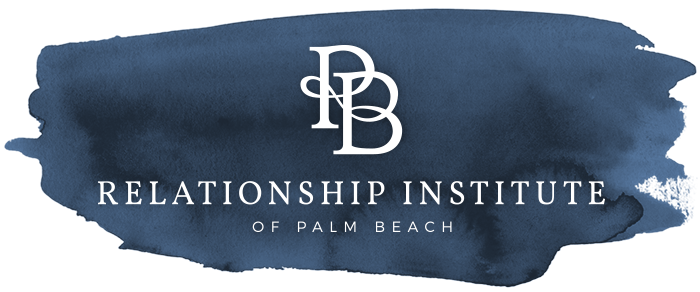Love Addiction - Am I a Love Addict?
From time-to-time, we all rely on our significant other (or someone else with whom we are close) for support, validation… maybe even self-esteem. Turning to others to lift us up (on occasion) is no big deal. We all partake. We still have a solid sense of self-esteem, and know that our feelings of self-doubt or inadequacy will shortly pass. The love addict, however, relies entirely on his or her partner for feelings of self-esteem and self-worth. When not involved in a relationship, the love addict will feel lost, helpless, and harshly dejected.
Being actively involved in a romantic relationship is not much better. When romantically involved, the love addict becomes obsessed with the object of his or her affection, spending a disproportionate amount of time focused on the relationship. When in relationships, love addicts completely neglect self-care. They put the needs of their partner before their own, and lose any pre-existing sense of self in the midst of a frantic desire keep their partner engaged. They put an excessive amount of weight into unrealistic expectations, believing that their partner should always interact with them positively – no arguments, disagreements, or disputes. While it is normal for healthy couples to bicker from time-to-time, the love addict views any conflict as a direct threat to the relationship. And any threat to the relationship – real or imagined – plays into one of the love addict’s greatest fears.
Love Addiction and Childhood Abandonment
Love addiction, like the vast majority of other addictive disorders, often stems from unresolved childhood trauma. In the case of the love addict, this trauma often involves abandonment. Over time, deep-seated fear of abandonment transforms into the fear of being left by a romantic partner. Because the love addict did not experience secure attachment with his or her primary caregiver, he or she lacked a model of healthy intimacy. We learn how to interact with others by observing the behavior of our parents – our first relationship (that with our parents or primary caregivers), sets the tone for all of our future romantic endeavors.
When our emotional needs are not adequately met during infancy and early adolescence, we grow up craving the healthy, emotionally intimate relationship we never experienced. Unfortunately, this proves to be quite a double-edged sword. We crave intimacy, yet we are incapable of both giving and receiving intimate love. We yearn for emotional closeness, yet we inadvertently push people away through our erratic and obsessive behavior. We jump from relationship to relationship, looking for the one partner that will fix us, heal us, make us whole. What we fail to see is that no external force will be able to adequately solve an internal problem. In order to begin developing and maintaining healthy relationships, healing must occur from within.
Recovery from Love Addiction
Recovery begins when we become able to admit that we are struggling with a self-destructive and emotionally devastating addictive disorder – when we acknowledge and accept that our addiction has overwhelmed our willpower, and that we are no longer calling the shots.
Like all other addictive disorders, love addiction stems from unresolved emotional pain. It begins as a maladaptive coping mechanism, and eventually develops into a full-fledged, self-destructive cycle of obsession and compulsion. The interpersonal cost of untreated love addiction is often devastating, though many fail to take action despite rapidly accumulating personal consequences. Why? Many love addicted individuals grew up in households where emotional dysfunction was the norm. They became accustomed to unhealthy interpersonal involvement from an early age. In order to begin healing from love addiction, one must first acknowledge his or her wounded inner child.
Jessica Baum is a licensed and experienced relationship therapist in Palm Beach County, specializing in codependency and love addiction. To learn more about love addiction or to book and appointment, please feel free to call at 1-800-274-8106.

